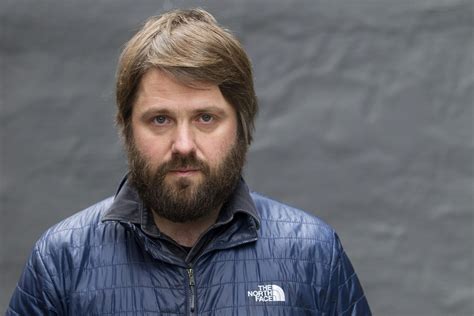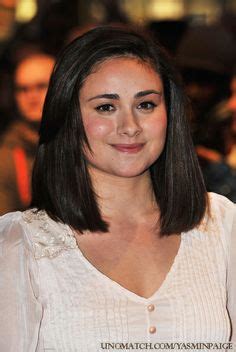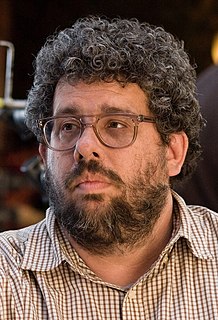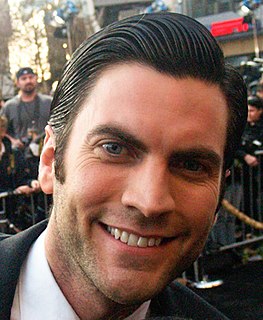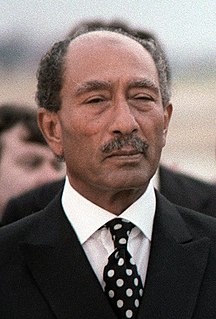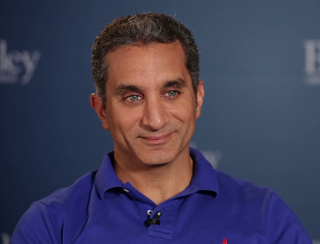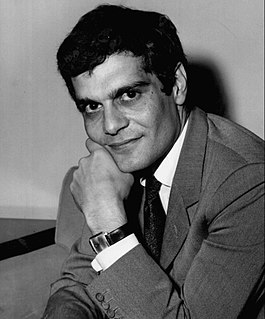A Quote by Tamer El Said
For me, filmmaking is an ongoing self-reflection process. I kind of push everything to the edge. I feel very exposed and fragile when I make a film. It's a process of dealing with loneliness. And it's also very dramatic - because while you are working on a film, you just realize how incapable you are of dealing with all these things. And you open yourself up, and it's like your heart is utterly exposed. And it's very tiring on a daily basis.
Related Quotes
Even if the film doesn't come out quite as you'd hoped, the process can also be very rewarding. I feel that way about a film called 'Lay the Favorite' that I made with Stephen Frears. I did that because the character was a real leap for me. The film doesn't quite all add up internally, but I feel very proud of what I did on it.
The fact of having this very new context, this unheard-of way of working, for me was very pleasant. I didn't feel that I was working, that I had any kind of burden to wear, to carry. I really was very happy and very lighthearted during the whole process of making the film [Certified Copy], of shooting it.
I'm just as intrigued by acting as ever. It's an ongoing process. There's no arrival. There's no point at which you say "Oh, OK, done it, got it." It just doesn't happen. And that's true of any creative endeavor. For me, it's just a lifelong interest. I'm very much interested in the craft. I started by doing plays and it took me a long time to feel comfortable doing movies, working with cameras. I felt like I was a theater actress pretending that I was a movie actress for quite a while. Now, I just love the process of working with cameras and being on a set and trying to put a film together.
I generally go into a movie with a very strong vision, with how I want to make the film, how I want to shoot the film, how I want to edit the movie, what I want the sound to sound like. So I have a very concrete idea even if I don't storyboard it, I know exactly what I want to do once I get into the sequence. Now having said that, I try not to let that slave me to the process. So if I do storyboard a sequence I don't necessarily stick to it if I discover more exciting things on set.
You're in orbit over the Earth. And suddenly it's very, very quiet. It's dramatic. You realize you're floating in the straps in your chair. And you take off your seat belt and float over to the window and look out, and you realize, "I'm not looking at a picture, here." I couldn't process it all. Even if I forget everything else in my life, that will stay with me, burned into my brain until the day I die.
Film team kept me very, very shielded when I was that young, because of course, I was seven years old. You know, you're still kind of reading. It's still kind of like, "Cat." "Dog." "Ann jumped over fence." So I guess in a way it helped me progress in school, too, because I was reading so much and memorizing so much. But they kept me very shielded from everything that was going on in the The Amityville Horror. I didn't know anything, basically, about the film. I just knew that it was a scary film. I wasn't allowed to watch it. I can watch it now, I'm just too scared.
A lot of people around the world were, like, very frustrated, you know "Why don't you just release the name? Why is it taking so long?" But the cool thing is that it brought people together, like you said, it brought our fans into the experience, it sort of exposed us, exposed the process, and I think it welcomed Mike Magini, because people saw what happened to get to that point.

